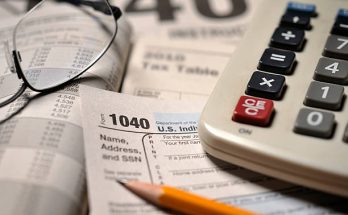Setting up a retirement plan for your company can be an arduous process.
First of all, you need to decide what type of plan you’d like to offer to your employees. You may decide to start an IRA, a 401k, or some other type of plan.
For many businesses, the 401k is the right plan for their company. However, 401k plans are subject to yearly IRS testing to ensure that the plan is fair for all eligible members. Failing these tests can lead to serious fines and may put your business at risk.
Luckily, through the use of a safe harbor 401k provision, business owners can rest easy. A safe harbor plan ensures that your business will pass the IRS tests each year so that you can focus on the many other important areas of your company.
IRS 401k Plan Compliance Testing
As was mentioned in the introduction, the government imposes tests each year to make sure companies are not favoring higher earners within a company with regards to retirement planning.
Specifically, the IRS conducts three tests known as the Actual Contribution Percentage (ACP) Test, the Actual Deferral Percentage (ADP) Test, and the Top-Heavy Test.
Naturally, each of these tests examines a company’s 401k plan in a different way. That being said, all of these tests are used, in essence, to make sure that lower wage earners within a company aren’t being unfairly treated in terms of their retirement plan.
What Happens If I Fail an IRS Compliance Test?
Failing an IRS test is not a situation in which you want to find yourself. You’ll be forced to complete tons of paperwork and will be hit with fines that may set your business back for quite some time. For this reason, it’s always better to avoid ever being in a position where you could fail one or more of these tests. The easiest way to do this is to implement a Safe Harbor plan.
A safe harbor plan is a 401k retirement plan that guarantees IRS compliance. This provision requires that business owners make contributions to all employee plans in one of two general ways:
- Matching Contributions. Matching contributions can be made with either a basic match, an enhanced match, or, potentially, in a different way that best suits a given business’s needs.
- Nonelective Contributions. Nonelective contributions are those that are made to all employee plans regardless of whether or not these employees contribute to their plans themselves.
There are many reasons why a company might choose to use matching or nonelective contributions. It’s important that all business owners carefully review their own individual situation and make a decision based on their needs.
Safe Harbor Plans: Important Dates to Remember
Brand new Safe Harbor 401k plans must start by October 1st 2022. The process is fairly straightforward, but it’s important to get started as early as possible!
On the other hand, if a business simply wants to add a Safe Harbor provision to their current 401k plan, they have until November 30th, 2022.




